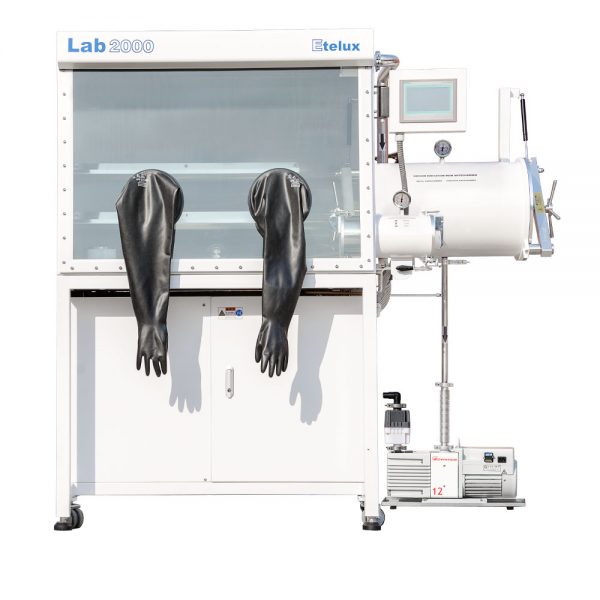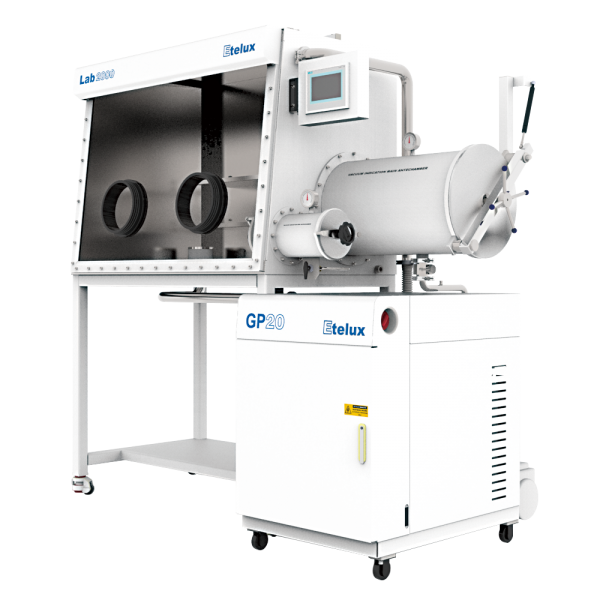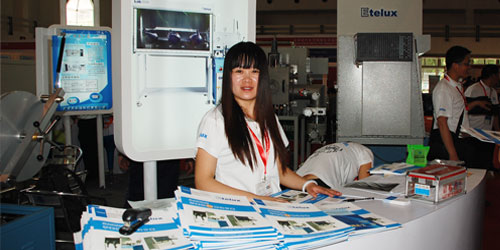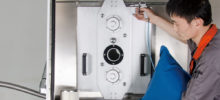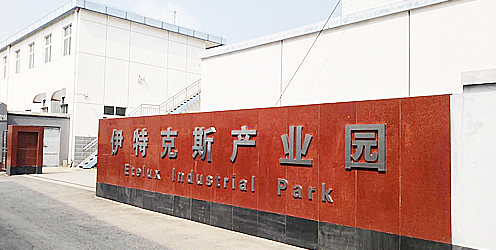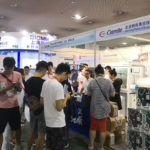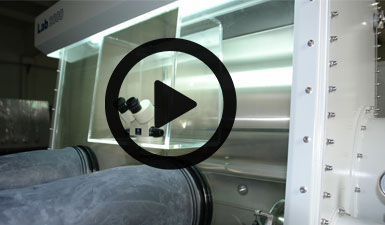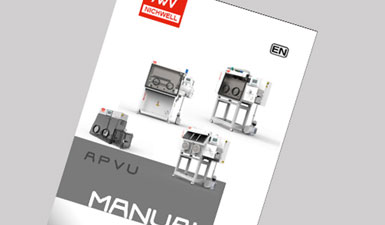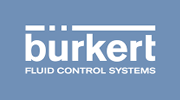Here are some ways you can extend the life of your glove box:
1, Regular maintenance and inspection:
Perform a thorough inspection of the glove box at intervals recommended by the manufacturer, including the sealing components, purification system, and control panel.
Clean the interior of the glove box regularly to remove dust, debris and chemical residues that may have accumulated.
- Correct operation:
Operators should be professionally trained in the proper procedures for opening, closing, and placing and removing items.
Avoid strenuous or improper operation inside the glove box to prevent damage to the internal structure.
3, pay attention to the use of gas:
Ensure that inert gases that meet the requirements are used and that the purity and quality of the gases are maintained.
Monitor gas flow and pressure to avoid damage to the equipment caused by too large or too small a gas supply.
4、Control environmental conditions:
Place the glove box in an environment with suitable temperature and humidity to avoid extreme conditions affecting the equipment.
Avoid exposing the glovebox to unfavourable conditions such as direct sunlight or strong electromagnetic fields.
5, timely troubleshooting:
Once the glove box is found to be abnormal, such as increased noise, performance degradation, etc., stop using it immediately and carry out troubleshooting and repair.
For minor faults and wear and tear, they should also be handled in time to prevent the problem from expanding.
6、Replacement of key components:
Replace vulnerable parts, such as sealing gaskets and purging materials, regularly as recommended in the instruction manual.
Timely update electronic components and control parts that have aged or deteriorated in performance.
For example, a research organisation has established a detailed maintenance schedule to extend the service life of the glove box, with monthly internal cleaning and inspection, and semi-annual replacement of sealing gaskets and decontamination materials. Operators are rigorously trained prior to use and follow strict rules during operation. When the glove box has a slight fault, the technicians will respond quickly and repair it, thus effectively extending the service life of the glove box and ensuring the smooth running of the experiments.

